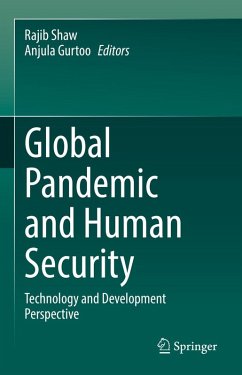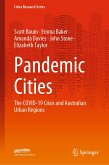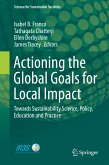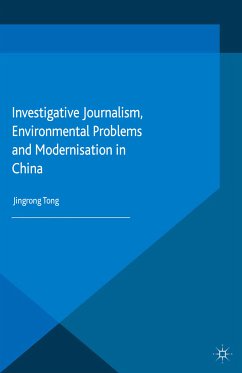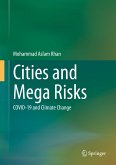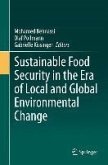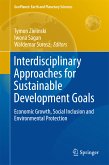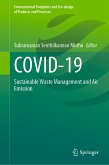This book highlights how the human security aspect has been affected by the global pandemic, based on the specific case study, field data, and evidence. COVID-19 has exemplified that the pandemic is global, but its responses are local. The responses depend on national governance and policy framework, use of technology and innovation, and people's perceptions and behavior, among many others. There are many differences in how the pandemic has affected the rich and the poor, urban and rural sectors, development and fiscal sectors, and developed and developing nations and communities.
Echoing human security principles, the 2030 Agenda emphasized a "world free of poverty, hunger, disease and want... free of fear and violence... with equitable and universal access to quality education, health care, and social protection....to safe drinking water and sanitation... where food is sufficient, safe, affordable and nutritious... where habitats are safe, resilient and sustainable...and where there is universal access to affordable, reliable and sustainable energy."
These basic human security [PA1] principles and development agenda are highly affected by the global pandemic worldwide, irrespective of its development and economic status. Thus, the book highlights the nexus between human security and development issues. It has two major pillars, one is the development and the other is technology issues. These two inter-dependent topics are discussed in the perspective of the global pandemic, making this the most important feature of this book.
While the world is still in the middle of a pandemic, and possibly other natural and biological hazards may affect peoples' lives and livelihoods in the future, this book provides some key learning, which can be used to cope with future uncertainties, including climate risks. Thus, the book is timely and relevant to wider readers.
Dieser Download kann aus rechtlichen Gründen nur mit Rechnungsadresse in A, B, BG, CY, CZ, D, DK, EW, E, FIN, F, GR, HR, H, IRL, I, LT, L, LR, M, NL, PL, P, R, S, SLO, SK ausgeliefert werden.

